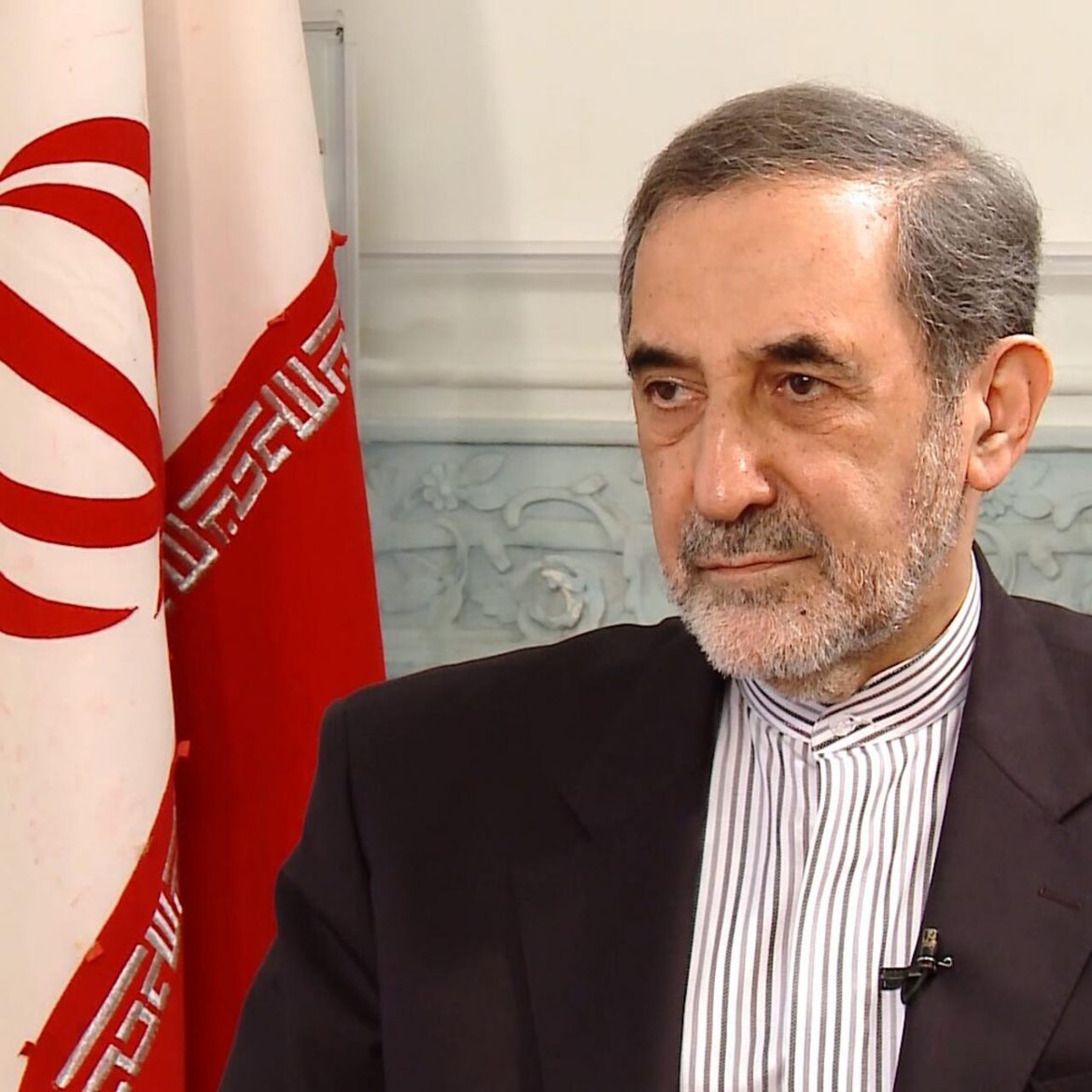A senior adviser to Iran’s Supreme Leader Ayatollah Ali Khamenei has issued a stern warning to both regional and foreign powers against pursuing a land corridor connecting Azerbaijan to its Nakhichevan exclave through Armenia’s Syunik province—an initiative Tehran views as a threat to its strategic interests.
“Once again, some pretentious governments, indifferent to their own interests and those of the region, have brought up the issue of the Zangezur Corridor and are knocking on every door to advance their illegitimate goals in the South Caucasus,” Ali Akbar Velayati posted on X late Monday.
Without naming specific countries, Velayati warned that “any government in or outside the region intending to repeat failed experiences of the past will meet with Iran’s strong response.”
His remarks came just days before U.S. President Donald Trump is set to host Armenian Prime Minister Nikol Pashinyan and Azerbaijani President Ilham Aliyev at the White House for trilateral talks that may reshape the political map of the South Caucasus.
Velayati has previously accused Washington and “certain pan-Turkist movements” of orchestrating Azerbaijan’s push for an extraterritorial corridor through Syunik. Speaking last month, he alleged that their ultimate aim is to “sever Iran’s connection with the Caucasus and impose a land blockade on Iran and Russia from the south.” Tehran, he emphasized, will pursue a policy of “active prevention, rather than passive reaction.”
The proposed corridor would cut across Syunik—Armenia’s southernmost province and the only Armenian region sharing a border with Iran. For Tehran, the loss of direct access to Armenia would be a significant strategic blow, disrupting north-south trade routes and altering the regional balance of power.
Concerns intensified last month when Pashinyan publicly acknowledged that the United States has proposed placing Syunik’s transit routes under the administration of a U.S. company—potentially through a 100-year lease. The Armenian leader signaled tentative acceptance of the arrangement, prompting a flurry of diplomatic phone calls between Iranian and Armenian leaders, including newly elected Iranian President Masoud Pezeshkian and senior security officials from both sides.
Tehran responded with open opposition to the American proposal, describing it as a dangerous geopolitical maneuver. The Russian Foreign Ministry echoed Iran’s concerns, characterizing the plan as part of a broader Western agenda to marginalize Moscow and Tehran in the region.
In the face of growing backlash, Pashinyan’s spokeswoman insisted that the proposed arrangement would not compromise Armenia’s sovereignty over Syunik. But opposition leaders in Yerevan remain unconvinced, accusing Pashinyan of quietly conceding to Azerbaijani and American demands under pressure.
“Pashinyan has already agreed to the corridor,” opposition lawmakers claim, warning that the deal—if finalized—could set a dangerous precedent and unravel Armenia’s territorial integrity under the guise of regional peace.
As regional powers brace for the outcome of the Washington summit, Iran’s message is clear: it will not tolerate any geopolitical reshuffling that threatens its access to the Caucasus or dilutes its influence in the region.




